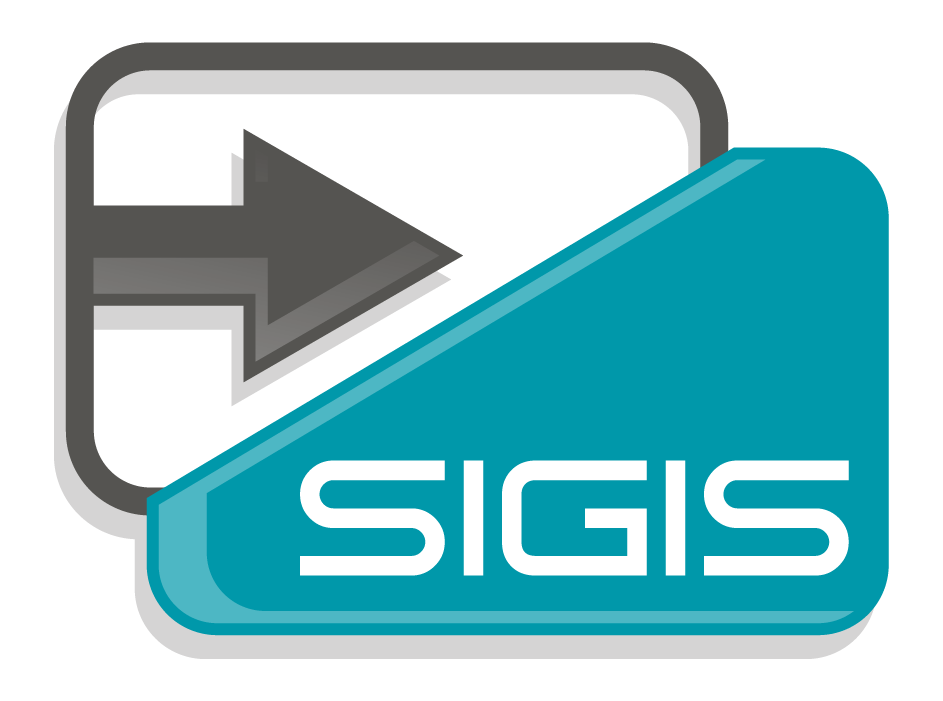Cardholders
What Are Health Benefit Cards?
The IRS enables employers to offer an employee benefits plan with FSA , HRA and HSA accounts. These programs permit funds to be placed in an account that can be used to pay for health care expenses, such as co-pay amounts, prescriptions, and other eligible medical expenses. Additionally, an employer’s benefit plan administrator may offer a debit card to provide convenient access to FSA/HRA/HSA account funds. So, an FSA/HRA/HSA debit card is what is meant by the term health benefit card.
While plan administrators determine the requirements for how FSA, HRA and HSA debit cards work, SIGIS offers two services that may be helpful to card holders. These are the Store Locator Service and the Eligible Product List Criteria publication.
.png?sfvrsn=9040b10a_2)
Eligible Products
The IRS determines what health care services and products are eligible for card holders to purchase with an FSA or HRA card. To help all SIGIS participants, SIGIS determines whether a product qualifies or does not qualify as a medical expense under IRS Code Section 213(d) and applicable IRS guidance.
Card holders may access and download a document that describes the criteria for an eligible product. This document explains health care items that are considered eligible or ineligible for purchases by FSA and HRA card holders. Health care items that are not eligible for purchase include both those that are dual-purpose or ineligible:
Eligible Items
Over-the-counter products that treat a specific medical condition and are primarily for a medical purpose. They include medicines or products that diagnose, alleviate or treat existing or imminent injuries, illnesses or medical conditions. These drugs and products are not cosmetic in nature, or merely beneficial to general health or used for personal hygiene. As a general rule, most of these products are of short-term use, but some do treat chronic medical conditions.


Dual-Purpose Items
These products may have both a medical purpose and a personal hygiene, cosmetic or general health purpose. In order to be considered eligible, they must be used to treat a medical condition and not used to improve or maintain general health unless prescribed by a physician to treat a specific illness, condition or injury. These products may be eligible for reimbursement, but require a letter of medical necessity from a licensed health care professional stating the specific diagnosis or medical condition, the specific over-the-counter medicine recommendation to treat the condition, and documentation of the product and cost. Dual-purpose items will not be included in the SIGIS List, but may be submitted to a plan administrator with the required documentation as noted above. Card holders should contact their plan administrator for more information and the documentation required.
Ineligible Items
Products that are used for general health, cosmetic, or personal hygiene purposes are not reimbursable. Typically, these are not referred to as medicines or drugs and are not recognized to treat a medical condition. Medical expenses that are not reimbursable under IRS Code Section 213(d) of the federal tax code are ineligible. These include food supplements, toiletries, lotions and soaps, shampoos, and most herbal supplements. These items are also not on the SIGIS List.
Click here for the Eligible Product List Criteria publication.News
Cardholder FAQs
SIGIS Merchant Store Locator Now Available
The Store Locator is now available for FSA/HRA card holders on the SIGIS website at http://www.sig-is.org/card-holders/store-locator. This tool will help consumers find IIAS Certified and/or 90% Registered merchants. Consumers may search by merchant name, city / state or zip code to find participating merchant locations.
US Territories US Virgin Islands (USVI), Guam, Marianas Islands / Saipan (CNMI) and American Samoa operate under a variety of US tax laws. Some mirror the US tax law while others are separate and distinct. In summary:
- US Virgin Islands (USVI) and Guam operate under a mirrored US tax law that supports Section 125 Cafeteria plans and an IIAS. SIGIS supports retailers and consumers in these markets via IIAS and 90% Rule programs.
- Puerto Rico has its own tax code that does not currently recognize Section 125 Cafeteria plans and IIAS. SIGIS does not support this market.
- American Samoa and Marianas Islands / Saipan (CNMI) have a combination of US and Local tax laws in effect. Further research is required to determine if Section 125 applies in these markets and the impact of local tax laws. At this time, SIGIS does not support these markets.
While SIGIS processes may support these locations members and consumers should consult with their counsel and plan administrators that operate in these markets to determine support for FSA, HRA and HSA debit cards.
As of April 12th, 2011.



